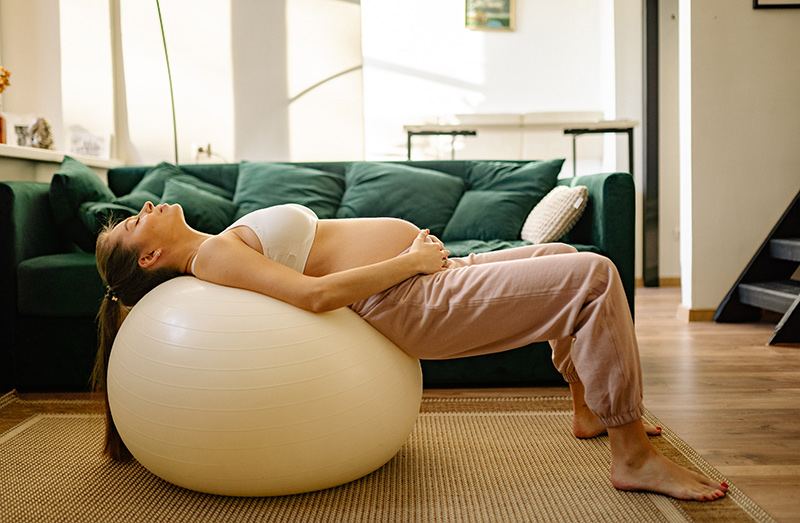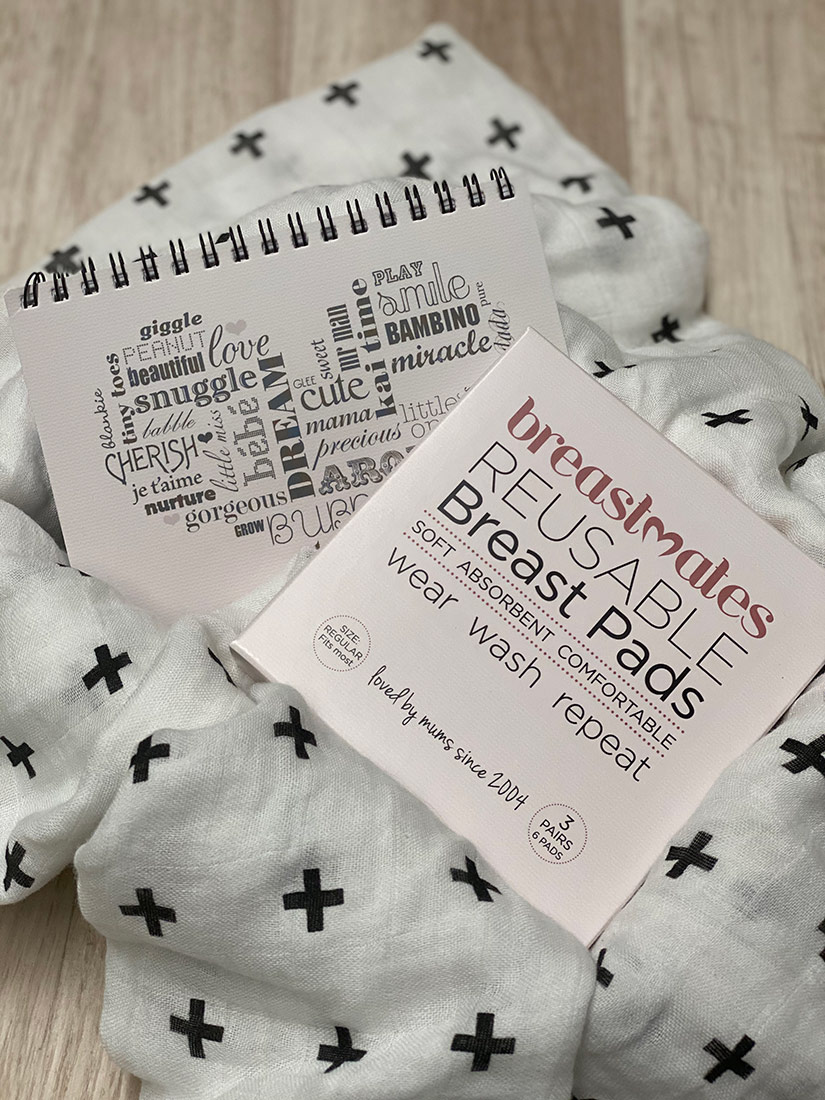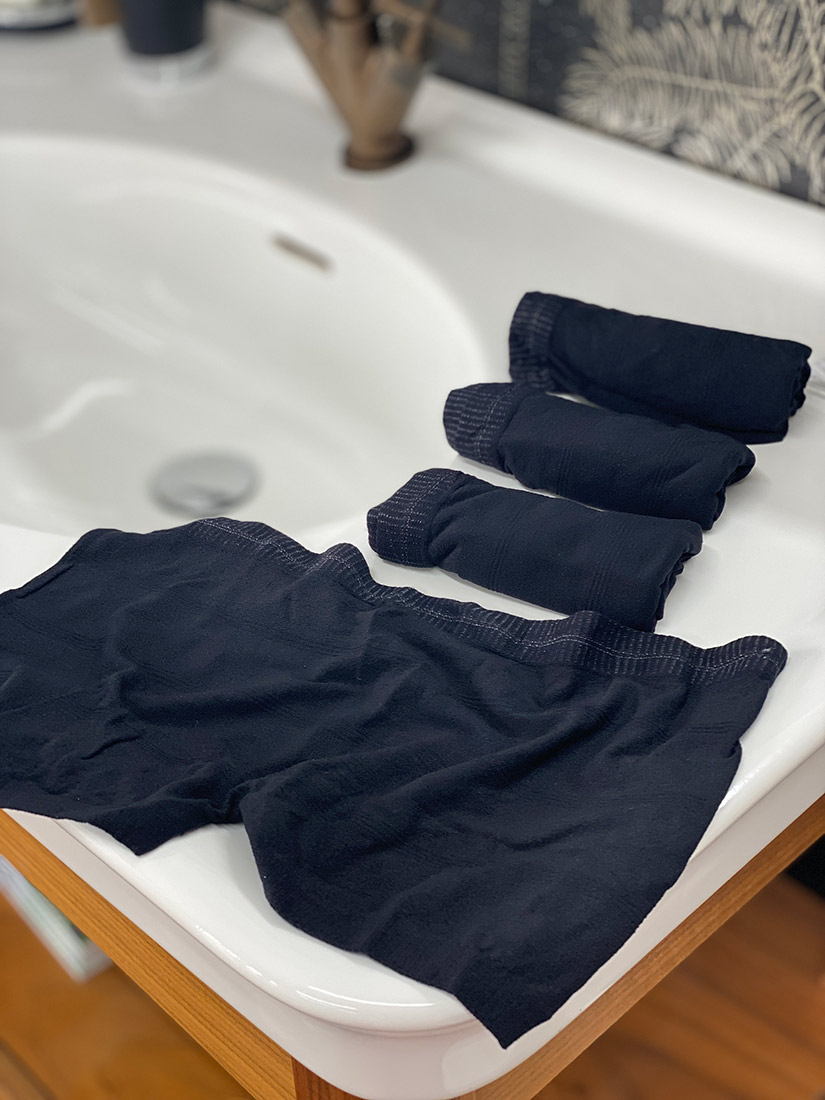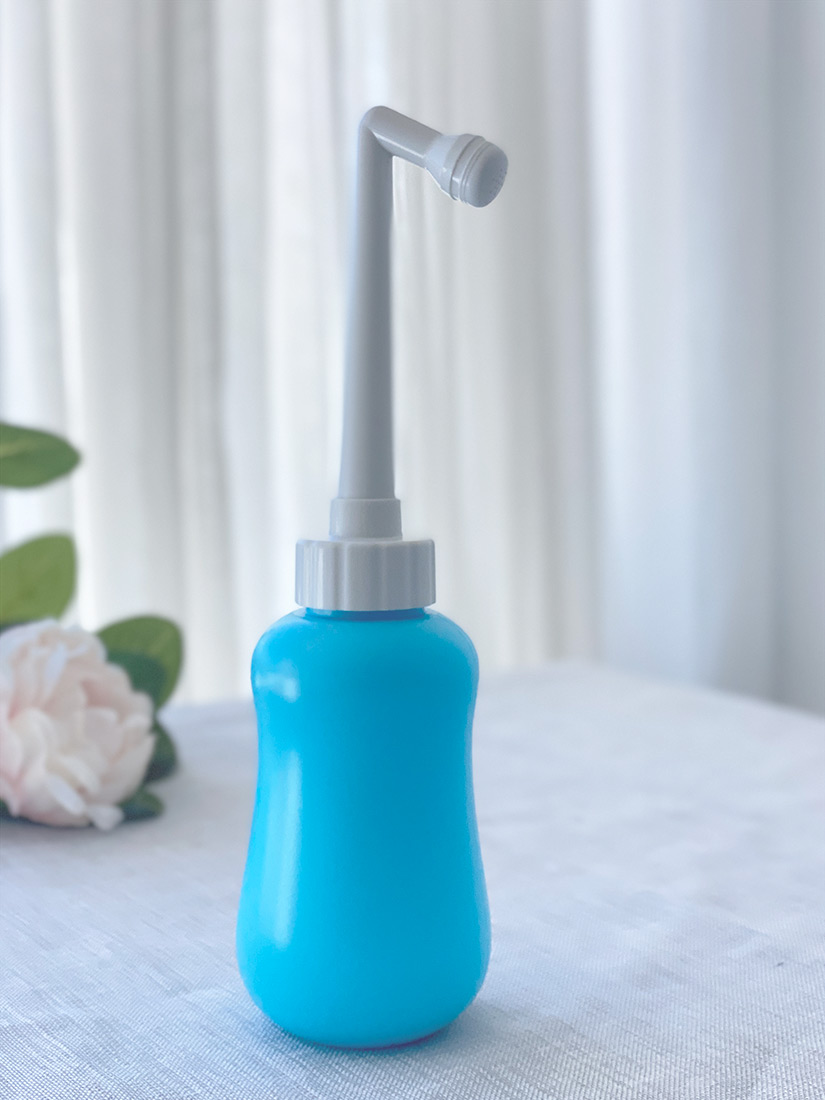How do I know if I’m in labour?
For first-time mums and mothers who have already had babies, the signs you’re in labour can vary – here are some ways to know whether it’s labour or a false alarm.

In the movies, pregnant mums go into labour in very dramatic fashion, with waters breaking in inconvenient locations, breakneck taxi rides to hospital, huffing and puffing and screaming and then suddenly, a baby has arrived – usually within the space of a few moments of the plot. In real life, it’s not usually like that. Often, the signs you’re in labour are a bit more subtle than “contractions without warning in the middle of the supermarket aisle”.
How will you know you’re in labour? For first-time mums, this is often a question you can feel a bit desperate to have answered. But like birth itself, every labour is different, and for every woman in labour, those early signs are somewhat different.
First, let’s talk about contractions
You might assume that you won’t be in labour until you’re having actual contractions. But what are contractions, what do they mean in terms of labour and birth, and what do they feel like?
Contractions are the “tightenings” you’ll feel in your lower abdomen during labour. Their role is to open, or dilate, your cervix and move your baby down into the birth canal and out into the world. Contractions can feel like strong period cramps that continue to get stronger and stronger as your labour progresses. You may feel like a contraction moves in a wave over your body, building up and then quieting down.
Contractions can be irregular, intense or mild, can start to have a pattern or can feel random for a long time. Your midwife will tell you what patterns to look for in terms of how long contractions last and how far apart they are. A good job for your partner while you’re having contractions is to time them for you – you can download apps that do this, making it easy to report to your midwife when contractions get stronger and closer together.
While contractions are a reliable sign of being in labour, they aren’t usually your first sign – unlike what you see in the movies, when the mum-to-be suddenly clutches her stomach and cries, “The baby’s coming!” Here are some other clues labour is imminent.
Pain
You might have back pain, particularly in your lower back and sometimes radiating around to your lower abdomen. This can feel like a bad backache and can sometimes mean you feel like you can’t get comfortable, as your lower back just hurts no matter what you do. Try sitting on a balance ball rather than a chair/sofa and bouncing, as this might help.
You might also have pain low down in your abdomen that feels a bit like period cramps, but doesn’t necessarily seem to be a “regular” contraction. This pain can come and go for a few days prior to labour starting.
Braxton-Hicks contractions are “practice” contractions that aren’t actually labour, and usually occur high up in your tummy rather than down low like a “real” contraction. They are usually irregular and don’t have much of a pattern to them. While many medical professionals will tell you that Braxton-Hicks don’t hurt, I know many mums who would disagree and say they can be quite painful!
With any kind of pain during pregnancy, if it is bothersome or if you are concerned, get in touch with your midwife and talk it over – if your midwife thinks you need to be checked, then get checked.
Toilet troubles
Most pregnant women complain about the same thing in the third trimester – that you can’t get enough sleep at night because you’re up and down to the toilet All. Night. Long. Needing to go to the toilet frequently can also be an early sign of labour, because your baby’s head has moved down and is pressing on your bladder or bowels!
An upset stomach, diarrhoea, or vomiting can also be a sign of labour. Some women might lose control of their bladder or bowels at some point during labour – this is usually normal and is an uncomfortable part of your body’s preparations for birth.
A bloody show
Speaking of the toilet, you might go to the loo and notice a sticky, jelly-like substance on the toilet paper after wiping, that might be tinged with blood or might be pinkish in colour. This is your mucous plug, which is literally the plug that closes up your cervix so your baby stays inside. It often comes away close to the time when labour starts as it’s indicating that your cervix is beginning to dilate. Not all women experience this, but it can be a sign of labour. Although it’s called a “bloody show”, it shouldn’t be very bloody – just a little bit of blood is normal, but lots of blood might be a sign of something that needs attention.
If you notice anything unusual when you’re wiping after going to the loo, such as bright red, fresh blood, or blood in your stool (poo), talk to your LMC.
Waters breaking
Let’s go back to the movie with the pregnant woman in the supermarket aisle. She’s reaching for a jar of pickles on a high shelf when suddenly, WHOOSH – a tsunami of fluid has poured out of her skirt and has drenched the floor in a massive puddle. Yeah, we don’t know anyone who’s experienced waters breaking quite like that!
When your waters break, it might be an unexpected wave, or it might be a trickle. Most women describe it feeling like you’ve unexpectedly wet your pants. You might suddenly feel like you’re sitting in a puddle, or the crotch of your pants might suddenly be wet. It might happen while you’re laying in bed and wake you up in the middle of the night thinking, “What just happened?” or it might happen after contractions have started and you’ve gone to hospital to give birth. Your waters might not even break until you’re fully in labour. Some women need to have their waters broken in hospital by the midwife. Remember, no two labour experiences are alike!
One thing pregnant mums worry about is their waters breaking when they least expect it. It probably won’t happen in the supermarket aisle, but if you’re concerned, you can wear a sanitary towel just in case – this is usually sufficient to get you home where you can clean up. And once your waters have broken, they can just keep on coming, so might want to put towels down in your car for the ride to hospital.
If your waters have broken, give your midwife a call as they might want you to be monitored, particularly if contractions haven’t started yet or if your waters are bloody, dark-coloured, or foul-smelling.
Old wives’ tales
Some women get a “nesting instinct” that, in hindsight, kicks in close to the time they go into labour – the urge to clean the whole house, suddenly reorganise the linen cupboard, bake 17 batches of muffins, and other extreme forms of tidying, housekeeping, and organising.
Other women get super-tired and go to bed in the middle of dinner, leaving dishes in the sink and food on the table, and wake up to contractions in the wee hours of the morning.
Some mums-to-be swear their dogs or cats “know” something is up and won’t leave their side, and then a few hours later, they go into labour.
The point is, there are lots of non-official signs you might be in labour, which aren’t scientifically proven but still make for good stories. It’s okay if all of these things or none of these things happen to you. It’s all part of the excitement of your baby arriving soon!
– You may also like –
 |

|
 Peri Spray Bottle Peri Spray Bottle |








